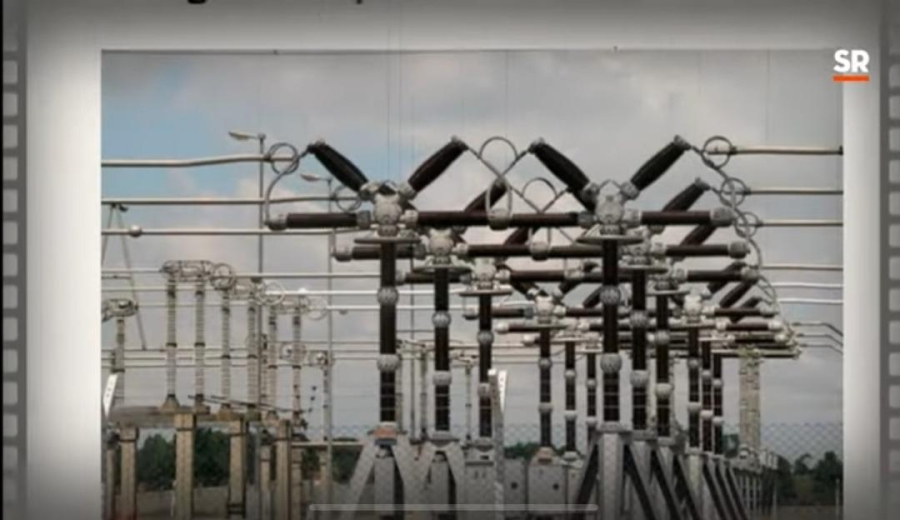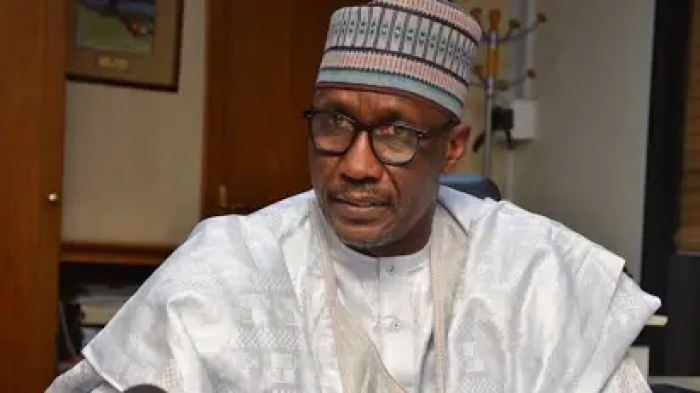Search
Economy (4)
The greatest challenge for the electricity sector in Nigeria is that consumers don't want to pay for the services they like to enjoy. And government cannot afford to subsidize because government workers seize the opportunity to misappropriate funds. And that was leading to insolvency.
The government, therefore, wants to privatize the sector. The process of privatization has started and has reached an advanced stage, but only a few electricity companies are making a profit.
Only recently, the IBEDC calmed down it was only able to collect about 48% of the revenue it could generate.
There is no encouragement to private entrepreneurs who want to invest in the sector.
Another problem is that the sector is under a few companies, and until recently, when the government was trying to change this, the whole electricity sector was under one company, and only the federal government can handle electricity.
Therefore unsavory monopoly was created that hindered so much that sector and stalled its development.
For example, the IBEDC, marketing electricity in the southwest, is in charge of a section that should be under like twenty companies if we're going to get anything called efficiency.
IBEDC alone cannot manage the supply of electricity to the vast area that has been put under its supervision; we are talking about eight states.
We have to look into a situation where a marketing company is in charge of just a local government or two, and at most three local governments.
As long as IBEDC is under one management, it will never successfully supply adequate electricity to the part of the country, and the same situation goes for the other marketing companies around the nation.
Electricity has to be managed from transformer to transformer.
Every house using the same transformer should form a marketing unit and should be so managed or else one part will have to wait for the other part as it is happening now because part of the problem now is human, ie human errors and corruption, and inadequate personnel which IBEDC must surmount before we can have stable and proper electricity supply.
And this goes for all marketing companies in the nation. The reason is that electricity has to be supplied at the same time to every Nigerian, and the challenges are the same for every area. That's why for IBEDC to supply electricity to one area, another area must wait until they have adequate personnel and better operating systems.
That's the highest level of inefficiency. Why should somebody who has money to pay have to wait until light is supplied to him when it is not for free. The Federal Government has done enough to break that monopoly, and if necessary,y they should do more.
With the new electricity bill that has been signed into law, state governments and local governments must regulate electricity supply in their areas to satisfy paying consumers.
The advantage of transformer by transformer marketing is that if we have about a thousand transformers in Akinyele LG and we must generate one billion naira revenue per month all we need to do is to get a marketer to mobilize the people under that transformer to contribute the amount allocated to each transformer and when there's a problem the consumers know who to call upon.
Right now, the zonal marketing offices of IBEDC are grossly inadequate to cater to the number of consumers under them, and it is the same thing with other marketing companies. The managers hang around lazily in their offices, and they don't have the knowledge of what is going on in the markets.
What do you know about the new tax reform law?
It could not be more SME friendly. All the bottlenecks have been resolved, and most of the loopholes that tax officials exploited to take bribes have now been taken care of. Businessmen must take steps so that their ignorance will not be taken for granted.
The political issue has also been resolved.
The political issue centered on the sharing formula among the three tiers of government, namely the federal, state, and local governments.
Making the clarifications recently, a senior special assistant to the president, Abdullai Tanko Yakassai, cleared all misunderstandings.
The tax will now be shared as follows. 50% of the tax accruing to states will all be shared equally among the states, and 30% according to the percentage of contributions from each state, and the remaining 20% will be shared based on population.
The greatest attribute of the new reform is that small and medium-scale businesses whose turnover is 50 million naira and below are all exempted from paying taxes.
Also all taxes will be paid centrally, and there is therefore not going to be room for multiple taxation.
And the individual level only, anyone earning up to 800,000 naira monthly will be eligible to be taxed. Well, if all these are not worth celebrating, what is?
China is the world's biggest lender, with Pakistan its biggest borrower, but it's a trap that's not letting off any of these countries. With some eight countries, it has become critical, and Nigeria, with over $5b, is one of the largest.
Though under Tinubu's administration, borrowing from China has greatly reduced but the burden of the existing ones makes the citizens groan.
Many steps have been taken to reduce these foreign loans, like the deregulation of forex trade, but direct investment in home-grown industries by the three tiers of government may go a long way to ameliorate the present harsh economic conditions.
KYARI AND OTHERS UNDER PROBE OVER NNPCL MISMANAGEMENT
Written by Kayode OlorundareSacked NNPCL CEO Mele Kyari and twelve other top management staff have come under probe over allegations of misappropriation of funds when he was in office.
In a statement released by the media office of the national oil company, the economic and financial crime commission ( EFCC) has started an investigation into alleged abuse of office and misappropriation of funds by the former management staff.
Investigation is linked to funds earmarked for the rehabilitation of the infrastructure of the refineries and petrochemical companies





